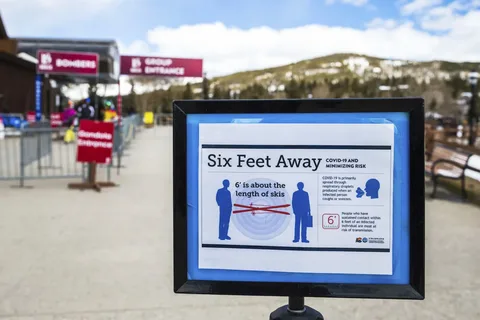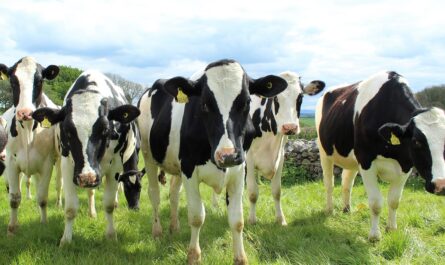The outbreak of COVID-19 brought unprecedented challenges to communities worldwide. While history reveals the devastation caused by previous epidemics and pandemics, there has been limited documentation of the personal experiences and community effects of such crises. However, researchers at the University of Washington seized the opportunity presented by the 2020 pandemic to conduct real-time surveys and explore the impacts of public health measures on individuals’ daily lives.
A recent study published in PLOS One sheds light on the subtle yet profound effects of measures like social distancing and stay-at-home orders on the community. The research team, led by Kathleen Moloney and Nicole Errett, delved into the experiences of King County residents during the early months of the pandemic, aiming to capture the tangible effects of the crisis.
Kathleen Moloney emphasized the importance of documenting the lived experiences of communities during a pandemic to enhance our understanding of its impacts and better prepare for future crises. By collecting data in real-time from March to May 2020, the study offers valuable insights into the negative repercussions of social distancing measures during the initial stages of the COVID-19 outbreak.
The findings not only provide critical information for public health practitioners but also offer guidance for researchers and policymakers in developing effective interventions for future pandemics. Nicole Errett underlined the significance of initiating data collection immediately post-disaster to assess its impact on health and well-being. However, rapid-response research studies often face logistical and ethical challenges, necessitating a well-designed approach to study disasters caused by infectious diseases or natural hazards.
Reflecting on the comparisons drawn between the COVID-19 pandemic and the 1918 influenza pandemic, Kathleen Moloney pointed out the limitations of comparing experiences across different historical outbreaks due to the lack of research data. Rapid-response disaster research, as exemplified by their study, plays a crucial role in documenting the immediate effects of crises and informing future preparedness strategies.
As the world continues to grapple with the enduring effects of the COVID-19 pandemic, studies like the one conducted at the University of Washington serve as a testament to the importance of understanding the societal impacts of public health measures. By learning from the experiences of communities and individuals during times of crisis, we can strive to build resilience and better respond to future pandemics.
*Note:
1. Source: Coherent Market Insights, Public sources, Desk research
2. We have leveraged AI tools to mine information and compile it




